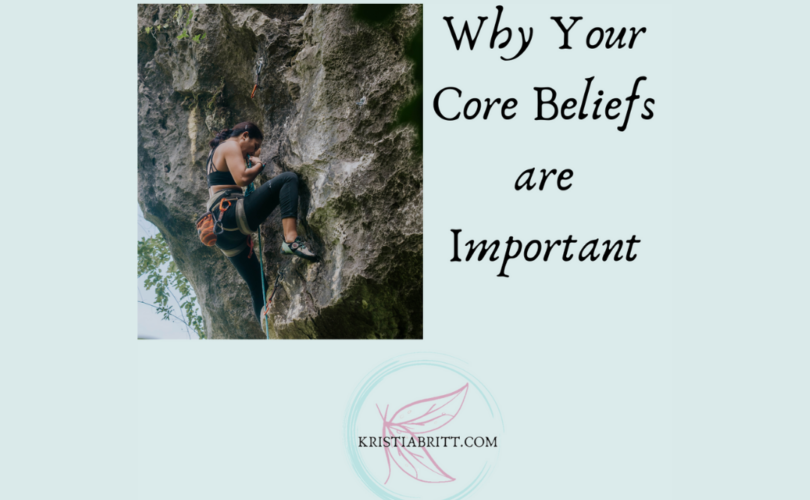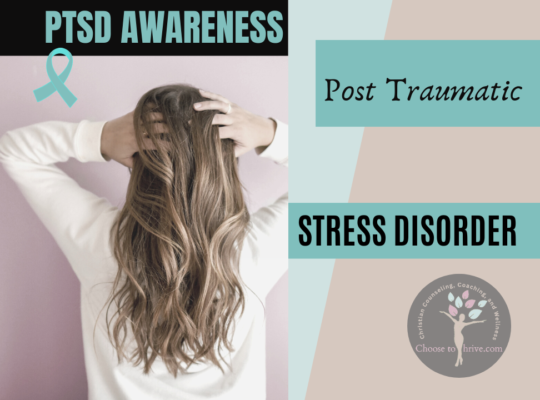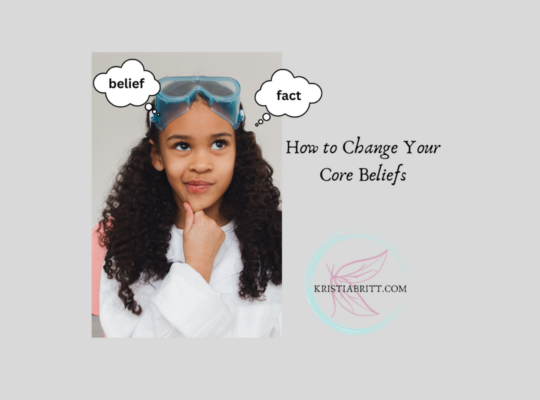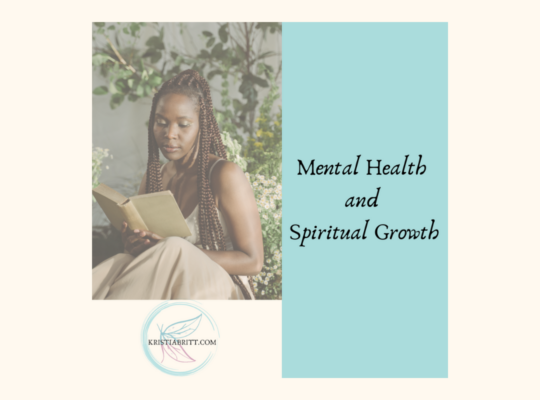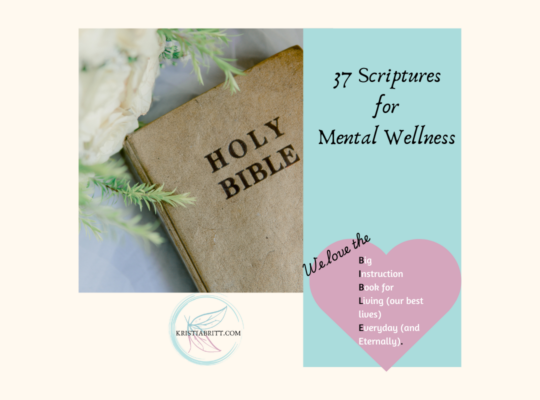Core beliefs are the deeply rooted assumptions that shape our understanding of ourselves, others, God, and the world around us. They are often formed in childhood and can be influenced by our experiences, culture, and significant relationships. These beliefs are embedded in our thinking, and significantly shape our reality and behaviors. Here are some examples of Core Beliefs.
Self-Related Core Beliefs
- Positive:
- I am competent and capable.
- I have a lot to offer the world.
- I am resilient and can handle life’s challenges.
- I am a source of positive energy.
- Negative:
- I am worthless.
- I always make mistakes.
- I am unlovable.
- I am destined to fail.
Others-Related Core Beliefs
- Positive:
- People are generally good and trustworthy.
- Others are supportive and helpful.
- Relationships are valuable and enriching.
- Negative:
- People are not to be trusted.
- Others are manipulative and exploitative.
- Relationships are dangerous and hurtful.
World-Related Core Beliefs
- Positive:
- The world is a place of opportunity.
- Life is meaningful and purposeful.
- Good things happen to those who work hard.
- Negative:
- The world is a dangerous place.
- Life is unfair and meaningless.
- Bad things always happen to me.
Why Core Beliefs Are Essential to Us
- Influence on Thoughts and Behaviors: Core beliefs significantly impact our thoughts, emotions, and behaviors. For example, if someone holds a core belief that they are unlovable, neutral or even positive interactions are interpreted as evidence of rejection, which consequently may lead to feelings of anxiety or sadness.
- Emotional Regulation: Core beliefs play a crucial role in how we regulate our emotions. They can either help us cope with adversity and stress or exacerbate negative emotional states. Understanding and addressing these beliefs can lead to better emotional regulation influencing our emotional health and well-being.
- Self-Identity: Core beliefs contribute to our sense of identity. Helping us understand who we are and our place in the world. Positive core beliefs can foster self-confidence and resilience, while negative core beliefs can lead to self-doubt and vulnerability.
- Interpersonal Relationships: Our core beliefs affect how we relate to others. They shape our expectations and interactions in relationships. For example, a belief that people are generally trustworthy can lead to more open and fulfilling relationships, while a belief that others are untrustworthy can result in isolation and conflict.
- Decision-Making: Core beliefs guide our decision-making processes. They influence our goals and the choices we make in our personal and professional lives. For instance, if one has the core belief of having the ability to succeed, this may motivate someone to aspirations and pursue challenging opportunities.
Changing negative core beliefs involves identifying and challenging these deeply ingrained thoughts and replacing them with more balanced and realistic perspectives. This process can lead to significant improvements in mental health and overall quality of life.
Ready to dig into how to change these core beliefs?

